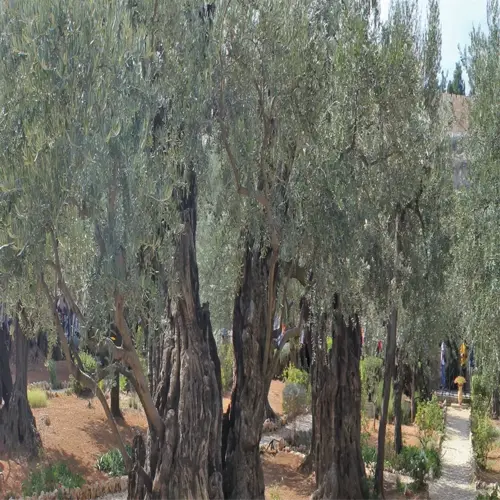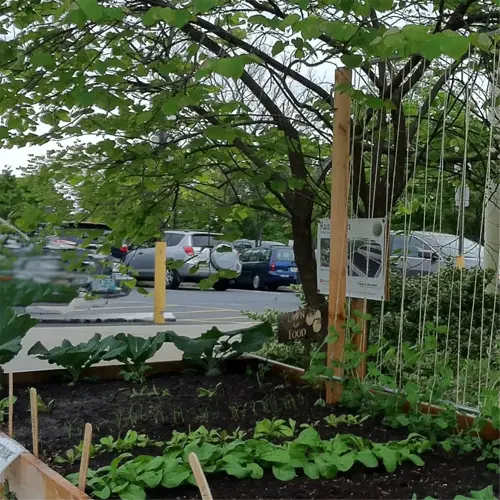How do peppers grow for beginners?

Written by
Julia Anderson
Reviewed by
Prof. Samuel Fitzgerald, Ph.D.When embarking on your pepper journey, start by planting easy-to-grow varieties such as bell or banana peppers. These types tolerate novice grower mistakes and will grow in most climate areas. I first planted jalapeños, which also proved to be tolerant, and it was through that process that I learned that consistent, full sunlight and well-draining soil mean much more than perfection.
Variety Selection
- Choose disease-resistant hybrids for reliability
- Avoid superhots until you master basics
- Compact types like 'Lunchbox' suit containers
Soil Preparation
- Mix compost into garden beds for nutrients
- Use perlite in pots to prevent waterlogging
- Test pH, aim for 6.2-6.8
Watering Basics
- Water deeply 1-2 times weekly
- Avoid wetting leaves to reduce disease risk
- Use mulch to stabilize moisture
Only transplant seedlings once the frost threat has passed. After planting the seeds, ensure you harden off the plants by letting them get used to outdoor conditions. I rushed this step with the poblanos and lost a batch, so now I harden them off until night is at least 50°F (10°C). Leave at least 18 inches of space between plants so they can air out.
Overwatering
- Yellow leaves signal excess moisture
- Let soil dry 1 inch deep before watering
- Use pots with drainage holes
Neglecting Pests
- Check undersides of leaves for aphids
- Spray neem oil weekly as prevention
- Introduce ladybugs for organic control
Pepper harvest should occur when they are both firm and fully colored. It is recommended to use pruners to avoid damage to the stem of the plant. Store any extra peppers placed in bags with holes in the fridge; when bell peppers are stored this way, I can keep them for about two weeks. For greater use, either freeze the slices or pickle them with a vinegar brine.
Read the full article: How to Grow Peppers: Expert Harvest Tips

